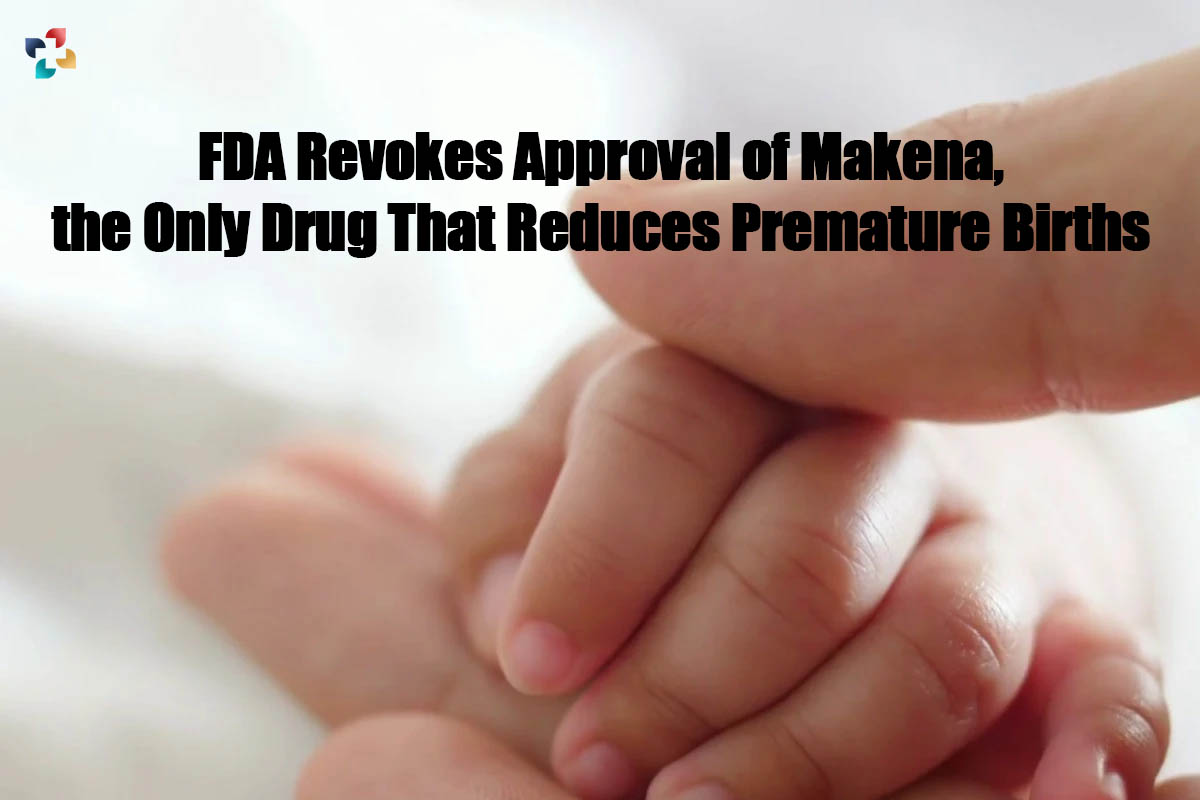The Food and Drug Administration (FDA) has ordered the immediate withdrawal of Makena, a drug intended to prevent premature births, which has been available for years despite evidence showing it doesn’t help pregnant women. Makena, a synthetic version of the hormone progesterone, was the only drug approved in the US to reduce the risk of early births in women with a history of preterm deliveries.
FDA Asks for An Immediate Action
Swiss drugmaker Covis Pharma had been trying to keep the drug on the US market while it conducted additional studies. However, the FDA rejected Covis’ proposal of a “winding down” period and said that the action against Makena and several generic versions should take effect immediately.
The FDA expedited Makena’s approval in 2011 based on a small study that suggested it reduced rates of premature birth in women who had previously had trouble bringing a pregnancy to term. However, results from a 1,700-participant study completed in late 2018 showed the drug neither reduced premature births nor resulted in healthier outcomes for babies. Given the drug’s potential side effects, including blood clots, depression, and allergic reactions, FDA staffers previously concluded that there was no upside to keeping the drug available.
The final decision by FDA Commissioner Robert Califf and the agency’s chief scientist marks the first time the agency has formally forced the removal of a drug that it initially approved based on promising early data. In all prior cases, drugmakers voluntarily pulled medications after the FDA made clear it intended to order removal.
FDA looks to pull pre-term pregnancy drug Makena
FDA making moves since 2018
The FDA has been working to get the drug off the market since 2018, though Covis repeatedly appealed for more time to conduct further research. In October, the company failed to convince a panel of outside FDA advisers that the drug should stay on the market for women who face higher risks of early deliveries, including Black women.
About 10% of US births come too early, before 37 weeks, raising the risk of serious health problems and even death in infants. The FDA has faced pressure to crack down on unproven drugs cleared under its accelerated approval program, which has allowed dozens of drugs to launch based on early results since the early 1990s. Researchers and government watchdogs have chronicled problems with FDA’s oversight, including delays in quickly removing drugs with failed or missing confirmatory studies. In the last two years, the FDA has stepped up efforts to remove unproven approvals, mainly from cancer therapies.
“It is tragic that the scientific research and medical communities have not yet found a treatment shown to be effective in preventing preterm birth and improving neonatal outcomes,” said Califf. Women who have a current prescription for the drug should direct any questions to their doctor, the agency said.











